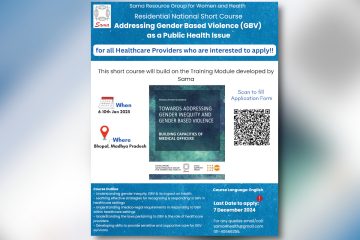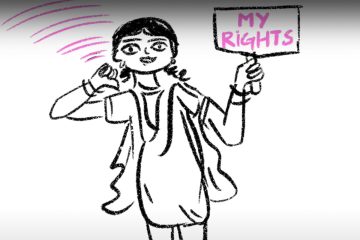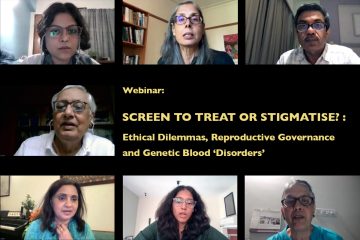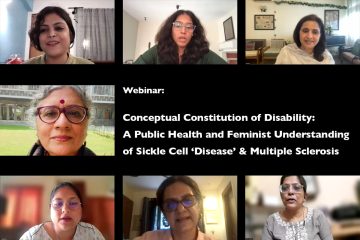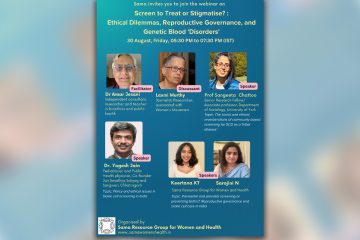16 Days of Activism Against GBV 2024
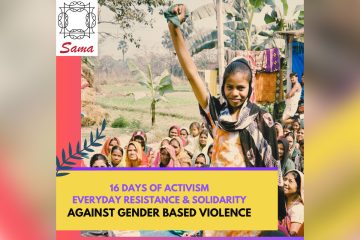
Sama re-emphasizes the interlinkage of gender-based violence (GBV) and sexual and reproductive health and rights (SRHR) as a public health concern. Join us for the 16 Days of Activism Against Gender-Based Violence, a global campaign to challenge and resist the… Continue reading





